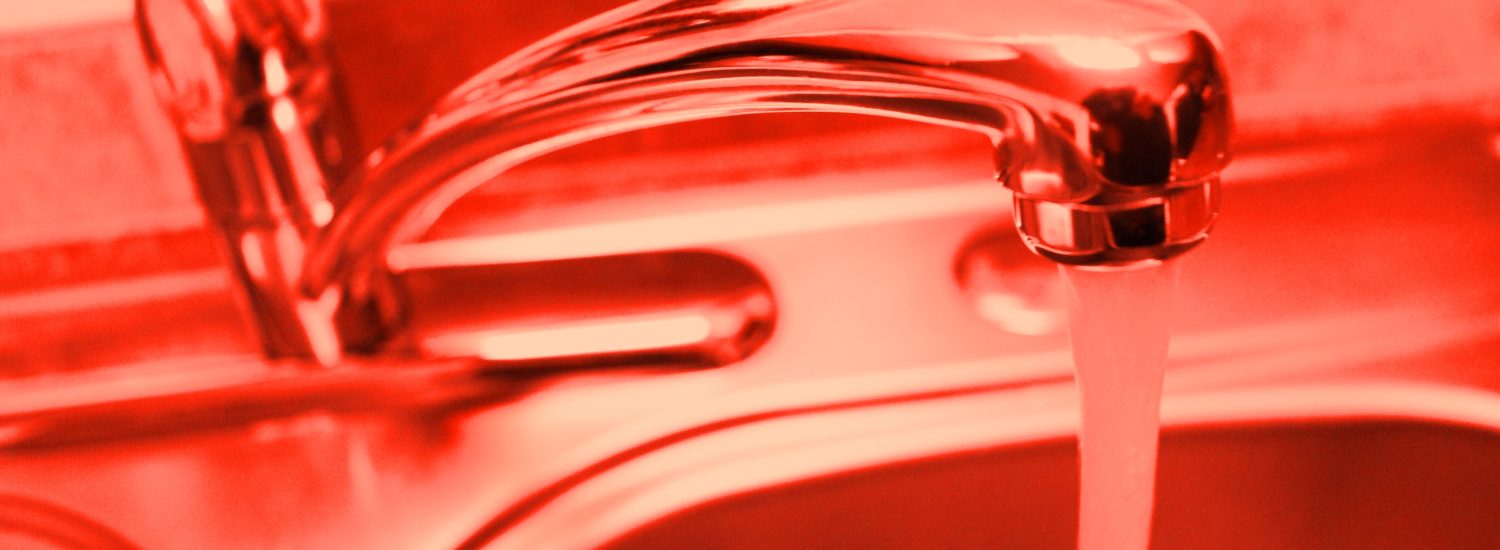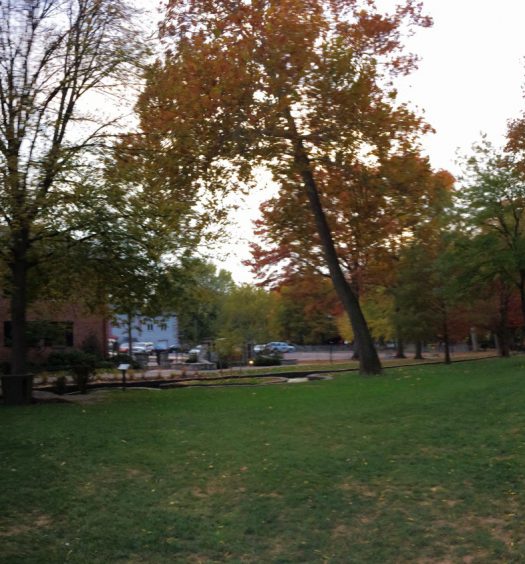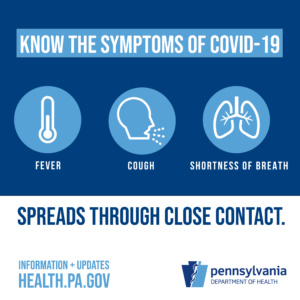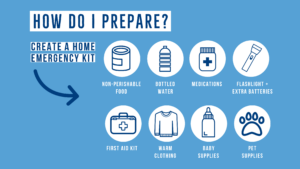Lititz Borough Has A Long History of Lead in Drinking Water; Township Buys Borough Water
(Lititz, PA-LititzDailyNews.com)-What LititzDailyNews.com has found since it began an investigation of lead in Lititz drinking water four months ago has shocked residents-high lead levels in the water of LItitz homes omitted from annual reports to consumers by the borough; testing procedures that the state now says violated the law; and a higher rate of lead poisoning among Lititz-area kids than children in Flint. The state recently issued violations to Lititz Borough and Warwick Township for violating laws meant to keep consumers safe from lead in drinking water.
Here are 7 things you need to know about Lead in Lititz Water:
1. Children in Lititz have a Higher Rate of Lead Poisoning than Children in Flint, even after Flint switched its water source to the Flint River, according to an analysis by LititzDailyNews.com on data obtained from the Pennsylvania Department of Health. Though lead paint and other sources of lead can contribute to elevated lead levels, water may pose an even greater risk of lead poisoning for developing fetuses, formula-fed infants, and young children. Though it can cause permanent damage in the body, lead stays in the blood only a limited amount of time, so delayed testing may miss toxic levels of exposure, according to experts.
“Sadly, the official incidence rates of elevated blood lead levels in young children only scratch the surface of exposures to lead in drinking water. The most vulnerable groups-fetuses and infants dependent on reconstituted formula-are rarely, if ever, screened.”-Yanna Lambrinidou, national water policy expert, on lead poisoning rates in Lititz
Warwick Township’s 2013 tests showed that over 10% of homes in Rothsville showed the identical level of lead in the water as officials reported to residents in Flint for the first six months of 2015: 11 parts per billion. Both the borough and the township are only required to test every three years, so 2013 results are the most recent. They will test again this summer, between June 1-September 30. Lead levels in drinking water are known to rise in the warm summer months.
2. Lititz has a History of High Lead Levels: Extremely high levels of lead have been detected in the water of some Lititz homes as far back as 1993, according to records provided to LititzDailyNews.com by the Pennsylvania Department of Environmental Protection. In 1993, the home at 16 E. Market St. tested at 1,024 parts per billion (ppb), more than 68 times the federal limit for lead in drinking water. The federal limit of 15 parts per billion (ppb) is an arbitrary number not connected to health outcomes. The borough has now identified 300 addresses that it considers at higher risk for lead in drinking water since they have lead gooseneck connections.
3. Lead can cause harm to humans at any level. Lead is known to cause permanent neurological damage in infants, children, and fetuses. In children, even low levels of lead have been linked to behavioral issues, ADHD, developmental delays in speech and cognitive issues. The CDC reduced the level of concern for lead in children’s blood from 10 to 5 micrograms per liter. In adults, lead is linked to high blood pressure, kidney problems, and other health issues. Lead exposure has also been linked to an increased rate of miscarriage.
4. Lititz Borough failed to report high lead levels to the community for two years. In 2010, a home on Front St. tested at 428 ppb and another tested at 22 ppb. Neither result was reported to the community in the annual drinking water quality report for 2011 and 2012, where they were to appear until the 2013 report was published. For two years the borough told residents that the water was safe to drink, and that no violations occurred. The borough manager certified to the incorrect results to the state. The state recently said the borough violated the law by reporting test results from a prior year.
5. Lititz Borough and Warwick Township water systems both violated the laws that govern testing for lead in drinking water, according to a Notice of Violation recently issued to each system for testing done in 2010 and 2013. Federal and state law requires the testing of a limited number of high risk for lead: homes of any age with known lead service lines or pipes, or homes built between 1982-85 that have copper pipes with lead solder.The state says both the borough and township failed to conduct an adequate evaluation to locate appropriate homes for lead testing.
“The whole rule is premised on you only sample a few houses to determine the safety of an entire town or city. If you’re not testing the worst-case homes, the sampling is worthless.”-Marc Edwards, Viriginia Tech researcher, about lead testing in Lititz
6. Results of the Lititz Borough and Warwick Township water tests for lead at the tap for 2010 and 2013 likely do not reflect the true lead risk in the community. The state recently issued a violation to both water systems for not adequately identifying sample sites. According to Marc Edwards, the Virginia Tech researcher who discovered the extremely high levels of lead in Flint water, the Lititz results are “worthless,” despite the borough, township, and state continuing to claim the water is safe to drink. Lititz Borough recently provided a list of around 300 homes at higher risk for lead in drinking water that have lead gooseneck connectors (see MAP and story). Warwick Township buys water from Lititz Borough.
7. Residents of aging Lititz homes may be at increased risk for lead from certain sources, while lead in water may be present in homes of any age. Lead levels in water vary from home to home, as lead usually leaches into water as it enters a home through aging pipes or other materials containing lead. Because Lititz Borough water had elevated lead levels when tested in 1993, it was required to begin treating the water with anti-corrosive chemicals. It continues this process today. Lead levels in drinking water rose in Flint after the source of drinking water was changed to the Flint River, a corrosive source, and officials did not treat the water with anti-corrosive chemicals. Lead leached from pipes into homes, sickening many children. Lead exposure can come from a variety of sources: water, lead dust in homes, lead paint, lead in soil, and other environmental exposures. To learn more about identifying lead risks in your home, or in other places your child plays, read the EPA Fact Sheet on Identifying lead hazards.
Click here to receive our next stories on lead and lead safety for FREE, including our upcoming story on how to properly test your water for lead.
Connecting to Your Government: Sue Barry, Borough Manager Email: [email protected]
Lititz Borough Council meets on May 24th and on the last Tuesday of each month at 7 p.m. in Borough Council Chambers, 7 S. Broad St., Lititz. Public comment is welcome. Council President: Karen Weibel. Vice President: Shane Weaver; Members: Andrew Greiner, Cory Van Brookhoven, Christine Sensenich, Scott Hain. Phone: (717) 626-2044.
The Warwick Township Municipal Authority (WTMA) meetings are open to the public, and members of the community may address the board during the public comment portion of the monthly meeting held on the third Tuesday of each month at 315 Clay Road, Lititz. The next meeting will be held on May 17 at 7 p.m.
Dan Zimmerman, Warwick Township Manager/WTMA Administrator Email: [email protected] Phone: (717) 626-8900
WTMA Board Members: WTMA Board Members: Troy Clair, Chairman; Donald Engle, Jr., Vice-Chairman; Jeffrey Tennis, Secretary; Edward Stone, Treasurer; Joyce Gerhart; Daniel L. Zimmerman, Assistant Secretary; Wendy S. Johnson, Assistant Treasurer.
Warwick Township Supervisors who oversee personnel matters concerning the Township Manager are: W. Logan Myers, III; Michael Vigunas; C. David Kramer; Herbert Flosdorf; Kenneth Eshleman.
Email: [email protected] Phone: (717) 626-8900
The Board of Supervisors meeting is open to the public who are allowed opportunity for comment. The next meeting of the Board of Supervisors is scheduled for Wednesday, May 18, 2016 at 7:00 p.m.
PA Bureau of Safe Drinking Water: (717) 787-9633
For more information, visit the Pennsylvania Department of Health LEAD IN DRINKING WATER page and the Lead Poisoning page or call the Department of Health toll-free Lead Information Line at 1-800-440-LEAD.














